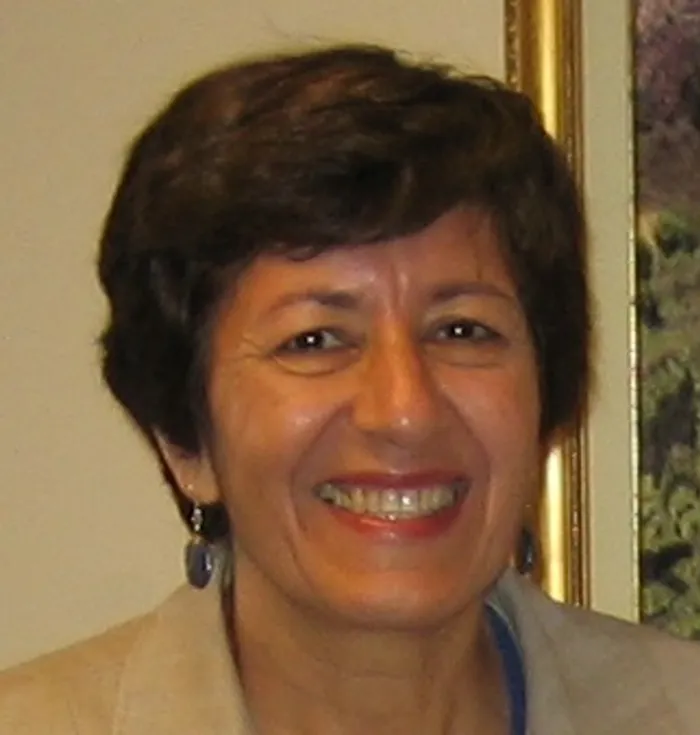Youth Empowerment: A Bahá'í approach to unlocking potential and building better societies
OPINION

Flora Teckie is a professional architect, a Bahá’í Faith follower, and spiritual columnist.
Image: Supplied
International Youth Day, marked on 12 August, was an opportune time to reflect on the great potential of our youth to transform our communities.
In the Bahá’í view, “a great responsibility to contribute to the betterment of society faces the current generation of youth. On them also rests the duty of fostering an environment in which the younger members of society can attain the spiritual and intellectual powers needed to become builders of a new civilisation”.
Youth can play a vital role in building vibrant, progressive, and peaceful communities through proper education and guidance. However, the current educational programmes often see young people as mere receptacles of information. “To challenge these trends, the worldwide Baha'i community has endeavored to develop a culture which promotes an independent way of thinking, studying and acting, in which the students see themselves as united by a desire to work towards the common good, supporting one another and advancing together, respectful of the knowledge that each one possesses”.
Young people have the capacity for meaningful service to society, and a desire to bring about constructive change in their communities. This is not limited to any nationality or race, and it does not depend on material means.
To enable our youth to contribute towards building better communities, there is need for an educational process that contributes to both individual growth and social transformation. Such an education should empower our youth to express their God-given talents and capacities in service to others.
According to a statement of the Bahá'í International Community, “formal education needs to go beyond the exclusive aim of helping young people to secure gainful employment. Educational processes should assist youth to recognise and express their potentialities while developing in them the capacity to contribute to the spiritual and material prosperity of their communities. Indeed, one cannot fully develop one’s talents and capabilities in isolation from others. The concept of a two-fold moral purpose — to develop one’s inherent potentialities and to contribute to the transformation of society — provides an important axis of the educational process”.
An area of service that youth can participate in is by assisting young teenagers (Junior youth), between the ages of 12 and 15, to attain the spiritual and intellectual powers they need to build a better civilisation.
The classes currently being offered by Bahá’í communities for junior youth are intended to provide them with spiritual guidance, to lay the foundations of an upright character, to enable them to live in harmony and peace, with understanding and respect for others, and to instil in them a commitment to serve the best interests of their communities.
An effective education, that would enable our youth to develop their potential to build better communities, “will cultivate virtue as the foundation for personal and collective well-being, and will nurture in individuals a deep sense of service and an active commitment to the welfare of their families, their communities, their countries, indeed, all mankind”.
For feedback please contact: tshwane@bahai.org.za; or call 083 794 0819.
Websites: www.bahai.org, www.bahai.org.za
Related Topics: